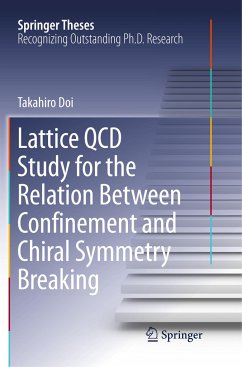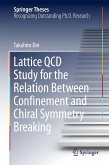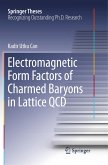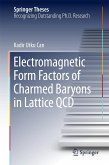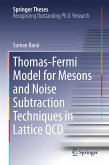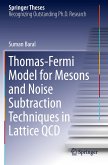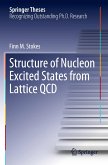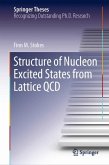This thesis focuses on an unresolved problem in particle and nuclear physics: the relation between two important non-perturbative phenomena in quantum chromodynamics (QCD) - quark confinement and chiral symmetry breaking. The author develops a new analysis method in the lattice QCD, and derives a number of analytical formulae to express the order parameters for quark confinement, such as the Polyakov loop, its fluctuations, and the Wilson loop in terms of the Dirac eigenmodes closely related to chiral symmetry breaking. Based on the analytical formulae, the author analytically as well as numerically shows that at finite temperatures there is no direct one-to-one correspondence between them. The thesis describes this extraordinary achievement using the first-principle analysis, and proposes a possible new phase in which quarks are confined and chiral symmetry is restored.
Bitte wählen Sie Ihr Anliegen aus.
Rechnungen
Retourenschein anfordern
Bestellstatus
Storno

